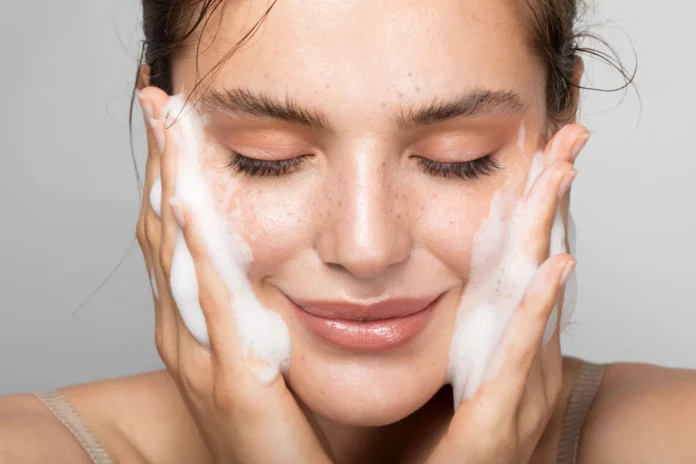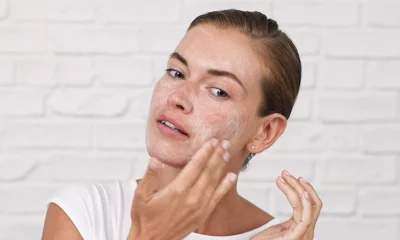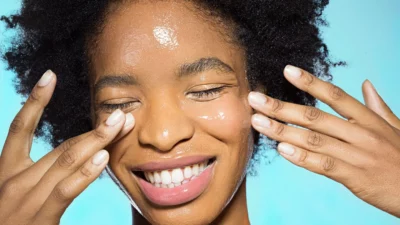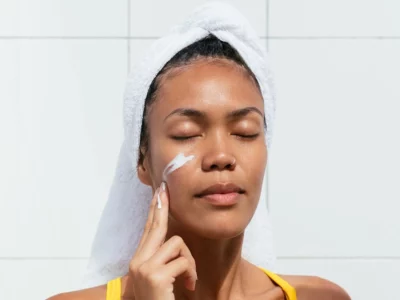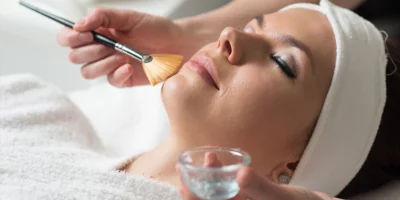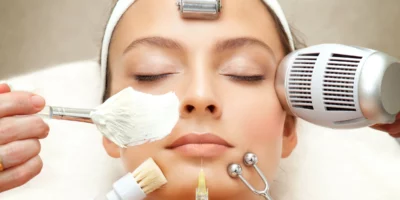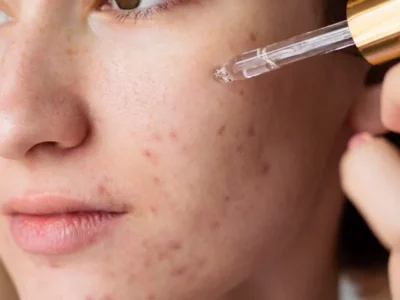Having healthy and radiant skin is a goal that most people aspire to achieve, but the vast array of skin care products and advice available can often be overwhelming. Fortunately, dermatologists, who are medical experts specialising in the intricacies of skin health, are here to provide invaluable guidance. They assist you in crafting a personalised skincare regimen that caters to your unique needs and preferences. Here are some of the top skincare tips from dermatologists that can help you on your journey to healthier skin:
What are the Dermatologist-Approved Skincare Tips?
Consistent Cleansing
Washing your face twice daily, in the morning and before bedtime, is crucial. This practice removes accumulated dirt, excess oil, makeup residue, and environmental pollutants. Dermatologists advise using a gentle, sulfate-free cleanser that suits your skin type. Avoid harsh soaps or aggressive scrubbing, as they disrupt s natural barrier.
Daily Sunscreen
Sunscreen is your skin’s first line of defence against the harmful effects of UV radiation from the sun. Dermatologists emphasise its year-round use, even on cloudy days, as UV rays can penetrate clouds. Apply it generously to all exposed areas, including your face, neck, and any other exposed skin, and remember to reapply every two hours when outdoors.
Regular Exfoliation
Exfoliation promotes healthy skin turnover by removing dead skin cells. There are two types of exfoliation. Physical exfoliators use gentle scrubbing particles, while chemical exfoliators contain acids like alpha-hydroxy acids (AHAs) or beta-hydroxy acids (BHAs). Consult with your dermatologist to determine which method suits your skin type and concerns best. Exfoliate 1-3 times a week, depending on your skin’s tolerance.
Hydration is Key
Moisturisers are vital for maintaining skin hydration and preventing moisture loss. Dermatologists recommend choosing a moisturiser that matches your skin type. Opt for a lightweight, oil-free formula for oily skin, while those with dry skin should look for more affluent, hydrating moisturisers. Applying moisturiser immediately after cleansing helps lock in moisture.
Prioritise Sleep
During sleep, your body undergoes crucial therapeutic processes, including skin repair and cell turnover. Poor sleep can lead to visible signs of fatigue, such as dark circles and dull skin. To ensure you get enough restorative sleep, establish a regular sleep schedule, create a relaxing bedtime routine, and avoid caffeine and electronic screens before bedtime.
Quit Smoking
Smoking damages the skin in various ways. It narrows blood vessels, reducing blood flow and depriving the skin of essential nutrients and oxygen. It results in premature ageing, wrinkles, and a sallow complexion. Dermatologists strongly recommend quitting smoking to improve your skin’s appearance and overall health.
Moderate Alcohol Consumption
Excessive alcohol consumption dilates blood vessels, leading to redness and flushing. To maintain skin hydration, consume alcohol in moderation and ensure you drink plenty of water to counteract its dehydrating effects.
Regular Dermatologist Visits
Dermatologists are highly trained experts who can diagnose and treat various skin conditions. See a dermatologist regularly, especially if you have specific skin concerns or notice any changes in your skin’s appearance or texture. They can provide tailored skincare advice, recommend appropriate treatments, and perform skin checks to catch potential issues early.
Avoid Hot Water
Hot water might feel soothing but can harm your skin. Opt for lukewarm water when cleansing your face and taking showers to protect your skin’s moisture barrier. Lukewarm water is adequate for cleaning without causing excessive dryness.
Patch Testing
Dermatologists recommend conducting a patch test before introducing a new skincare product into your routine, especially those containing potent ingredients or if you have sensitive skin. Apply a small amount of the product to a discreet area of your skin, such as the inside of your wrist or behind your ear. Wait 24-48 hours to check for adverse reactions, such as redness, itching, or rash. This precautionary step can help you identify allergies or sensitivities before applying the product to your face.
Customise Your Routine
Your skin’s needs can vary due to changing seasons, hormonal fluctuations, or life events like pregnancy. Dermatologists emphasise the importance of adapting your skincare routine to accommodate these shifts effectively. For example, you might need a lighter moisturiser during hot and humid months and a richer one during the winter. Consult a dermatologist to determine the best products and adjustments for your changing skin needs.
Use Retinoids Wisely
Retinoids, such as retinol, are potent skincare ingredients known for their skin-renewing properties. However, they can be harsh, especially when first introduced to your routine. Dermatologists recommend starting with a lower concentration and using them sparingly, like every other night. Over time, you can gradually increase usage as your skin adapts. Always apply retinoids at night and follow up with sunscreen during the day, as they can increase your skin’s sensitivity to UV rays.
Incorporating these dermatologist-recommended skincare tips into your daily routine will help you achieve and maintain healthy, glowing skin. Remember that patience and consistency are essential; individual skin types may require unique adjustments to these guidelines. Consult a dermatologist for personalised advice and treatments tailored to your skin needs and concerns.





